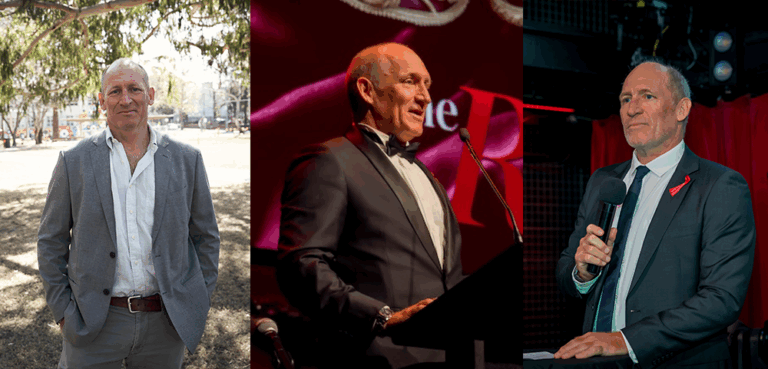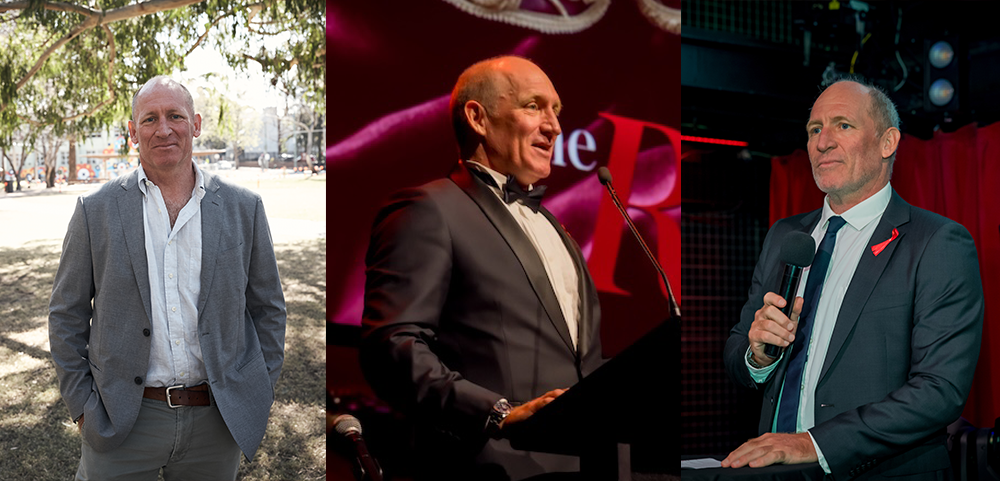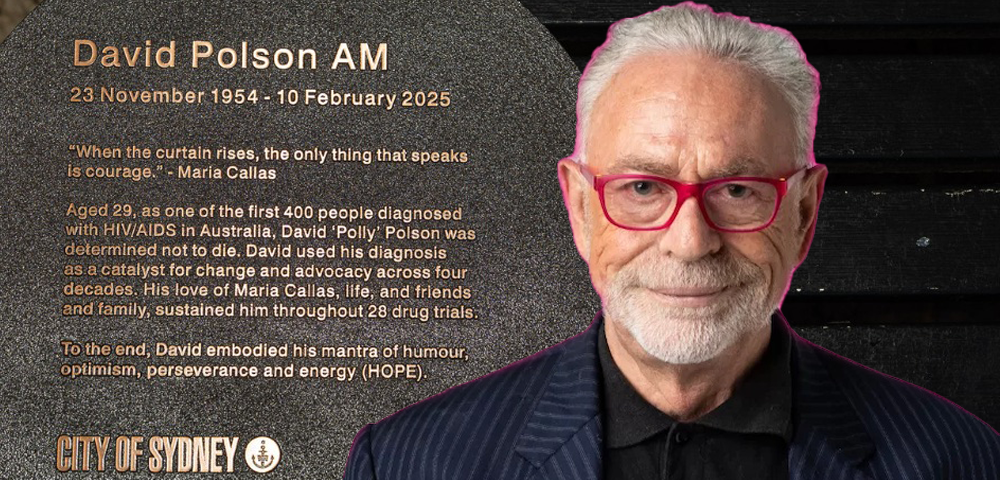
HIV research wake-up call
The Australian Federation of AIDS Organisations (AFAO) says Australia urgently needs to maintain HIV research and prevention strategies since a large US study revealed more than 50 percent of patients are resistant to current HIV drugs.
According to AFAO, an impending downturn in the number of new drugs coming onto the market over the next few years means that many HIV/AIDS patients who are resistant to current medications will face a shortage of treatment options.
This study has direct implications for this country. Australia is in a similar situation to the States in terms of access to medication, in terms of surveillance and treatment systems and our care facilities. Australia also plays a very significant role in HIV research and we need to maintain that effort, if not, strengthen it, AFAO national president Bill Whittaker told Sydney Star Observer.
However, at the moment it is not clear how Australia’s research is going to be organised and funded after 2003. As Australia is scheduled to review our National HIV/AIDS Strategy in 2002, we need to look really carefully at how we best support future HIV research efforts in Australia.
Whittaker said the US study also underscored that HIV prevention must remain the highest priority for Australia’s HIV response, particularly prevention campaigns targeted at gay men.
The gay community in Australia still has the highest rates of infection and remains the community most at risk. There are concerns that we don’t know the money trail in HIV and there are concerns that the actual amount Australia is spending on prevention strategies aimed at gay men is quite low, Whittaker said.
AFAO has pointed to statistics that give evidence of increasing rates of unsafe sexual practices in Australia over the past two years as being indicative of the urgent need for continued prevention strategies.
Undoubtedly, some of the new infections we’re seeing are because people believe HIV antiviral treatments are a cure for HIV or at least they will always work and are not difficult to take, Whittaker said.
Yes, the treatments are working well for a significant amount of people, but for a significant number of other people the treatments are ineffective or have complications. There is no magic pill and unfortunately the fact remains that the best way to manage HIV is not to get infected.










